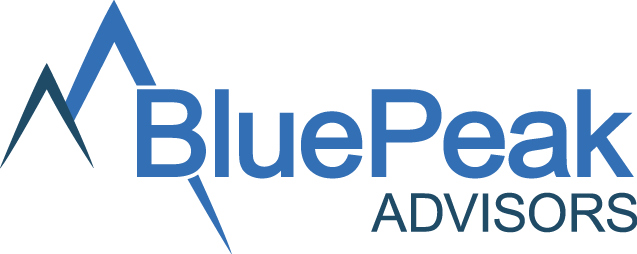
Jaymie Billbrough, RN, is a BluePeak senior health plan services consultant.
Prior to 2022, The Centers for Medicare and Medicaid Services (CMS) provided Sponsoring Organizations (SO) with a 20% “margin for error” by allowing universes to pass integrity testing when at least 80% of the reported entries reviewed matched what was validated in the live-source system. As CMS returned to its full Medicare Advantage audit schedule utilizing the new 2022 protocols, BluePeak Advisors supported a number of its clients with Organization Determinations, Appeals, and Grievances (ODAG) universe preparation and audit readiness. It quickly became evident that although CMS’s expectation for data integrity of universe submissions was to pass at 100% accuracy, there was inconsistency found among reviewers allowing universes to pass integrity testing when errors were found.
As an example, some auditors required correction and resubmission when one sample had data that did not validate, while others simply noted the inconsistency and then never spoke of it again. Some auditors were more likely to allow data discrepancies when the error did not pose any risk to the ability to calculate timeliness. Even though CMS “allowed” less than perfect performance in 2022 (which may have been in part due to the implementation of new protocols), this does not let SO’s off the hook and the expectation is that its universes will require 100% integrity when tested. To prevent unnecessary data integrity errors, it’s critical SO’s have full universe development capabilities and processes for all parties involved in universe development. Understanding and utilizing the most recent CMS ODAG Program Audit Protocols and Data Request guidance is the foundation and template for correct universe development. SO’s were found to be using outdated protocols or misinterpreting the new 2022 data specific descriptions. In addition, SO’s not performing ongoing universe monitoring activity as part of their annual Compliance Work Plan were found to have more data integrity findings over those SO’s who implemented the best practice of performing monthly universe monitoring activities.
Another common pitfall was SO’s were not correctly combining or were missing vendor data in universes and not correctly combining both the internal and delegate information. Data supplied by delegates was frequently incorrectly populated and nor matched the source data or systems from which it was pulled. Vendors administering supplemental benefits (vision, dental, etc.) was a particular area where universe data integrity issues were found. Similarly, where manual data entry was required for internal or delegate universe field population, these entries were commonly found to be incorrect or incompletely populated. Other specific fields where data error was identified across ODAG universes included:
- Data/case reporting included in universes were outside of the universe review period after the engagement notice
- Population of SO’s member identification number instead of the required Medicare Beneficiary Identifier (MBI)
- Omitting time of receipt where required (i.e., all expedited requests and standard pre-service Part B drug request)
- Verbal decisions populated where no verbal notification was made
- Extensions not populated when extension was taken skewing timeliness results
- Medical Necessity Flag marked Y for case samples where no medical necessity review is occurring
- Time/dates (including written notification for federal holidays, weekends or after hours) inconsistent with “mail policies”
- Illogical or incorrect correct date population and sequencing (i.e., decision dates populated after notification mail dates) and multiple fields with duplicative/same dates
- Issue description did not provide an explanation of the denial or reason for dismissal
- Incorrect date of payment when remittance was made by paper check that accompanied the written notification
- Description reflected benefit category or level of care and did not describe requested item/drug/or service
Achieving a consistent state of perfection requires a the SO’s commitment to frequent universe reviews, including delegates and regular universe integrity testing sessions to confirm the data reported. Universes should be monitored for overall timeliness, checking for data integrity issues against protocols and reconciling any errors against the source data feeding the universes. Monitoring should also include reviewing targeted case types to ensure end to end data integrity will be met. It’s always recommended a comprehensive mock ODAG audit is performed throughout the calendar year to ensure universe compliance and audit readiness. BluePeak offers various universe review solutions that will ensure you will be prepared for CMS Program audits.
